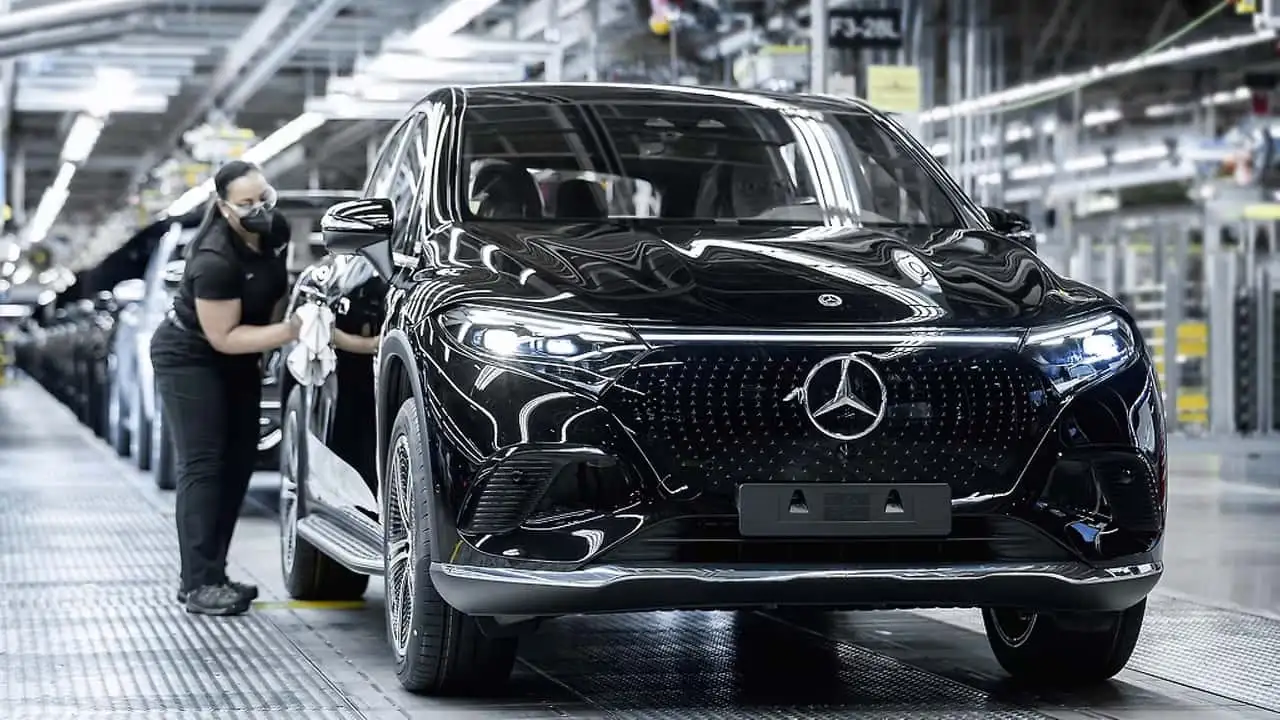A new Senate proposal aims to eliminate federal tax credits for electric vehicles (EVs), yet it has drawn scant support from states actively involved in car manufacturing. This bill, introduced by Senator John Barrasso of Wyoming, seeks to scrap the $7,500 EV tax credit and other federal incentives. Surprisingly, states where electric vehicles are produced, such as Texas and Tennessee, have not backed this bill, highlighting a stark disconnect between the legislation and the industries it affects.
Tax incentives for EVs have long been a political football, with critics arguing they disproportionately benefit wealthier Americans and cost taxpayers billions. However, these credits have played a crucial role in boosting local EV production and creating jobs. As companies ramp up domestic battery and vehicle manufacturing, the proposed bill could undermine these gains and disadvantage U.S. manufacturers competing against international rivals.

The bill’s sponsors are primarily from states with minimal or no car manufacturing, contrasting sharply with the interests of regions like South Carolina and Alabama, where major automakers produce electric vehicles. This oversight suggests the bill might disregard the significant economic impact of the EV sector on local economies and job markets. With the EV industry driving substantial growth and job creation in manufacturing states, the bill’s potential impact underscores a deeper debate over its true beneficiaries and detractors.
